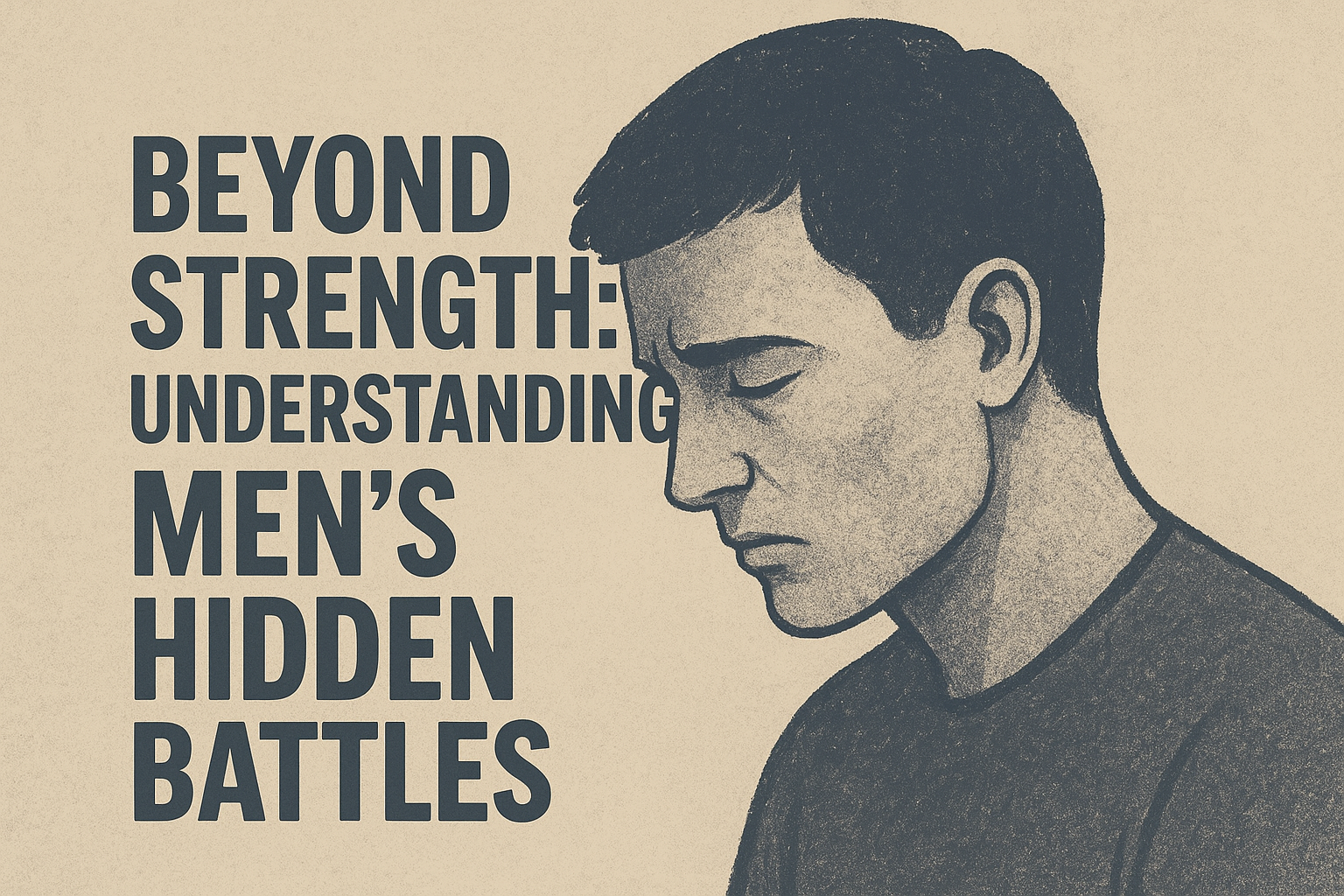Definition of Suicide
“Suicide is the act of deliberately killing oneself.” – World Health Organization (WHO)
“Suicide is the act of taking one’s own life voluntarily and intentionally.”- American Psychological Association (APA)
Top 10 Countries with the Highest Suicide Rates.

Causes
What are the possible causes which drive people to such extreme measures as to terminate one’s own lives in an unnatural manner?

According to the above table the top most reason for suicide is mental health disorder which includes depression, bipolar disorder, schizophrenia and other psychotic conditions. This is closely followed by substance abuse, and chronic illness or physical health issues. Financial stress follows close on the heels with unemployment or debts as major factors. Relationship problems like divorce, breakups, family conflicts, or domestic abuse are major emotional triggers. This is followed by trauma, social isolation and academic or work pressure.
Personal Anecdote
While data highlights common causes, it’s important to remember the human stories behind these numbers. I have experienced the throes of suicidal thoughts closely and personally. I had a marriage marked by severe abuse from which I walked out but it led to severe depression, social anxiety disorder, and bipolar anxiety disorder.
I lived with suicidal thoughts for nearly 8 years because I was not able to understand that I needed psychiatric intervention. When I finally did, it took me 2 years to overcome the guilt and shame of a broken marriage and the strength and will to live on. In the interim 8 years it was the thought of causing pain to my parents that prevented me from actually committing suicide.

Suicide is NOT the Way Forward
Suicide is just a permanent solution to a temporary problem. It may occur to be an escape when life seems unbearable. However, it is an irreversible act in response to challenges that are often solvable. This is not to say that emotional pain, financial hardship, relationship conflicts, or health issues do not appear overwhelming.
Yet with time, support and treatment, circumstances can change for the better. If you choose suicide, you close the door to healing, growth and possibility of better days ahead. It is easier to give in to despair and harder to seek help, hold on to hope and remember that there are always paths forward, however hidden or distant they may seem. However, if I could do it, I know that you can do it too.
Building a Safety Net Against Suicide

If you are experiencing suicidal thoughts, what are the steps you can proactively take to help yourself come out of such mindset?
1. Creating a personalized safety plan can go a long way to prevent taking the extreme measure when the trigger occurs. You can train yourself to identify the warning signs, develop coping strategies, and identify emergency contacts. This approach can provide some structure during moments of crisis and chaos.
2. Establishing a support network of trusted friends, family or support groups can alleviate feelings of loneliness. During difficult times, this list of individuals you can reach out to will be invaluable.
3. There are various helplines which offer comfort and guidance in periods of crisis. You should utilize such helplines like KIRAN (toll free: 1800-599-0019) in India which provides mental health assistance 24/7
4. Engaging in self-care practices like mindfulness, exercise, and journaling can improve emotional well-being. If you incorporate such activities, they will act as coping mechanisms in case of stress or anxiety and can enhance your resilience.
5. Last but not the least, seeking professional help, that is, consulting with health care professionals, can provide tailored strategies and therapies to address the underlying issues contributing to suicidal thoughts, and thus help in the long term to eliminate the latent causes for such thoughts themselves.
Lending a Helping Hand in Dark Times

Supporting someone who is experiencing suicidal thoughts requires compassion, awareness, and proactive engagement. Here are evidence-based steps to help:
1. Notice Warning Signs: As responsible members of a family and a community, we need to be vigilant about perceptible changes in someone’s behaviour. Is someone unusually quiet, withdrawing from social interactions, or seems distraught for days on end? Then there may be more going on than meets the eye. Such symptoms could signal distress or suicidal thoughts. Early recognition allows you to offer timely support and intervention.
2. Ask Directly and Compassionately: Initiate the conversation with the concerned person and openly ask if they are considering suicide. This approach can provide relief, allowing them to talk openly and opening the door to support. It is important to be non-judgmental so they can feel safe trusting you. Listen actively without offering immediate solutions. Acknowledge their feelings to make them feel heard and valued. Just hold the space for them to reveal their vulnerabilities to you.
3. Your Presence and Availability Matters: It is important to convince the concerned person that you there for them at whatever time they require – whether through a phone call, text, or in person. This offers emotional support and assures them that they have a comforting presence of someone who cares. Even if they don’t reach out themselves, regular check-ins from you can help them feel less isolated and more supported.
4. Help Keep Them Safe: If possible, help remove potential hazards and ensure they do not have access to means that could be used for self-harm. At the same time, gently encourage them to seek assistance from mental health professionals who can provide appropriate care and support.
5. Follow Up and Offer Continued Support: Regular check-ins are essential after the initial conversation. Continue to reach out to show that you care and are available for them. At the same time, encourage ongoing support by suggesting participation in support groups or community activities that promote mental well-being.
Helplines And resources
For immediate support during a crisis in India, you can contact KIRAN at 1800-599-0019 or AASRA at +91 9820466726. Both offer 24/7 confidential assistance to those in need.
Pictures : From Internet

By Richa Verma
Richa is an online English teacher, independent blogger, voracious reader, movie buff who is smitten with wanderlust, and a homemaker. She can be contacted through her email address richavermamh@gmail.com















One Response
Very good and informative article for the affected person and their families. I am happy to learn that there are institutions like Kiran and Aasara in India who give support to mental health crisis.
Good work for helping others by sharing these information.